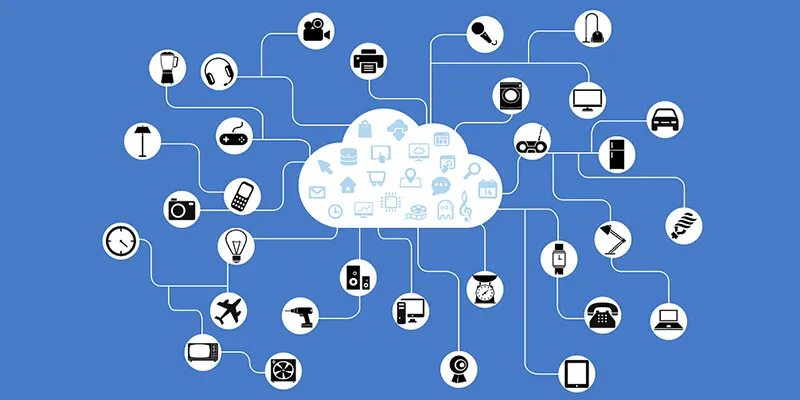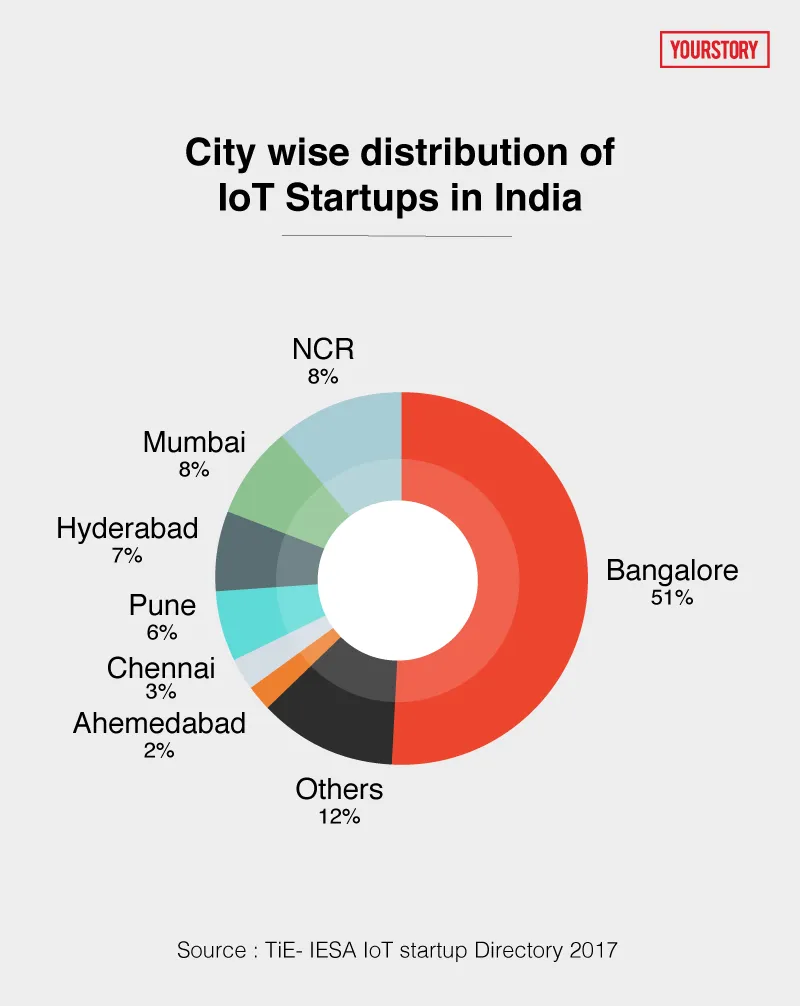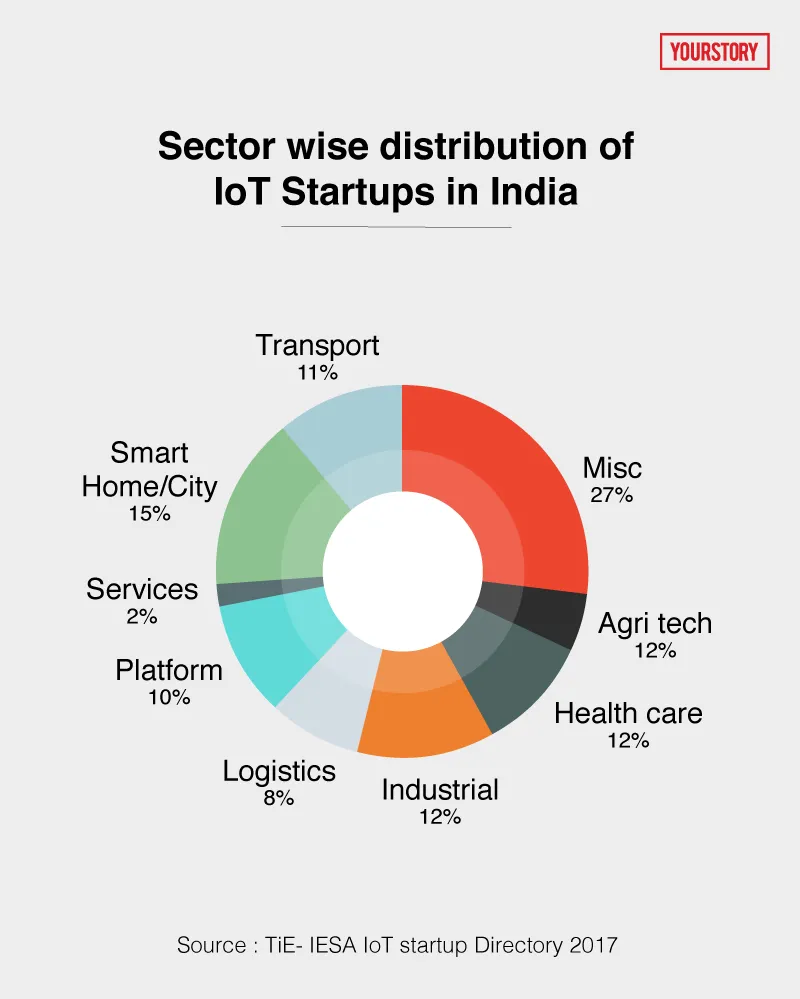Bengaluru is home to 51 percent of IoT startups in India
It is well known that Bengaluru leads the charge in India when it comes to being a startup hub. Now, there is data to endorse that fact. Of the 971 Internet of Things (IoT) startups in India, 536 are registered in Bengaluru, according to the IoT Startup Directory 2017.
It 2014, there were 123 IoT startups in the country, and their number grew to 275 in 2015. In 2016, the number grew 60 percent to reach 470 startups, and recent data reveals a growth of over 100 percent as 971 startups are accounted for.

The IoT Startup Directory 2017 was released by the India Electronics and Semiconductor Association (IESA) and The Indus Entrepreneurs (TiE) Bangalore, at the IoTNext 2017 Summit held on November 8-9.
IoT has been garnering a lot of attention of late, with every industry vertical weighing and leveraging IoT to increase efficiency, productivity and to explore new business models moving from capital expenditure to operating expenditure and increasing revenue.
The biggest change has been in the components of IoT, like sensors, edge nodes, wireless connectivity, gateway, cloud infrastructure, and analytics. The sector is steadily gaining traction with more connected devices making their presence felt in every aspect of life.
Bengaluru - hotbed for IoT

The global IoT market was estimated at $5.964 billion in 2015, and is projected to reach $26.951 billion by 2020 at a compounded annual growth rate of 35.21% over the forecast period.
In the last five years, IoT startups have grabbed attention and angel.co has listed over 3000+ global IoT startups. According to CB Insights, a whopping $12.5 billion has been put into IoT startups worldwide over the last five years by the VC community.
India, being the third largest startup ecosystem in the world, is heavily focused on e-commerce, hyper-delivery and software, but IoT startups are fast catching up.
The directory lists over 900 IoT startups, and has been compiled with support from Nasscom, IoT CoE, IIT Mumbai, SINE, IKP EDEN, Revxx, IoTBLR, T-Hub, Forge and Exubator.
Speaking at the IoTNext 2017 Summit, Ravi Gururaj, President, TiE Bangalore, said, “The Indian government has already been active in making the nation more digitally enabled with its laudable initiatives such as Digital India, Smart City etc. By welcoming automated technologies such as Artificial Intelligence, this effort is further boosting their vision of a ‘Digital India’. We are proud that India is moving the ante towards innovation and we are happy to contribute and support IoT entrepreneurs and further strengthen the ecosystem.”

Priyank Kharge, Minister IT & BT, Tourism, Government of Karnataka, urged startups to streamline the current situation and make an impact. “I would like to back the solid lines of ‘Smart Cities’ and ‘Make In India’ with solid action on the field. We probably first need to use IoT with our existing resources and infrastructure. Whether it is mobility, pollution, water resources, waste management etc.”
He added, “There is so much data available with the government if one can analyse the same and bring out meaningful results, nothing like it. Using existing resources in a favourable manner will only make us smart and everything else can come in later.”
Bengaluru ranked the highest with 536 startups registered in the city. National Capital Region (NCR) and Mumbai took the second and third spots, respectively. Hyderabad and Pune took the fourth and fifth spots, respectively.
Among IoT startups, no single vertical took a significant chunk of the pie with companies well distributed across segments such as healthcare, transport, agritech, services, logistics.







